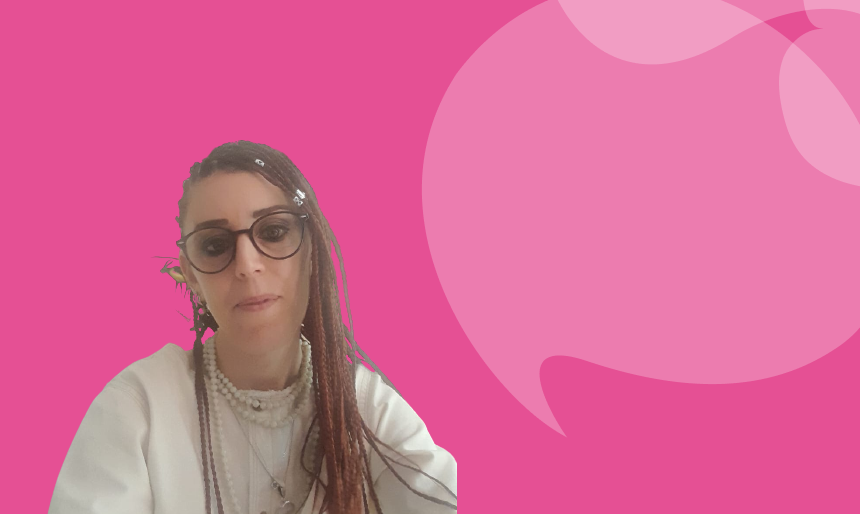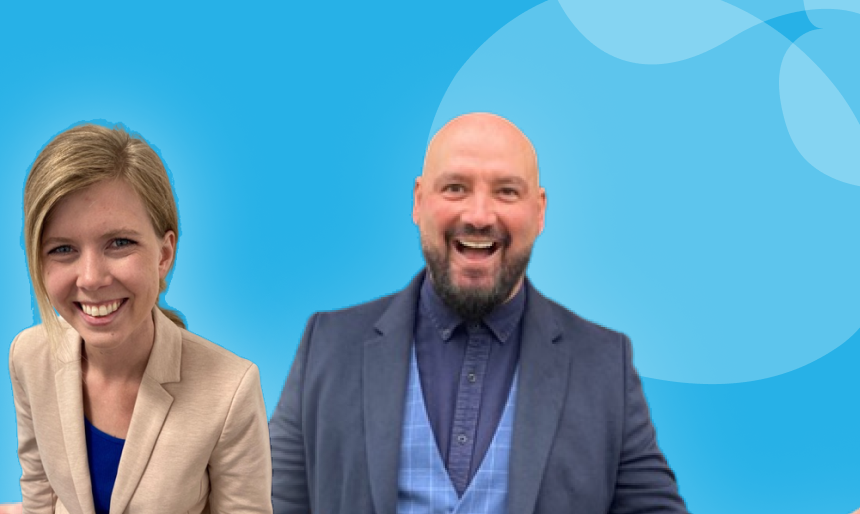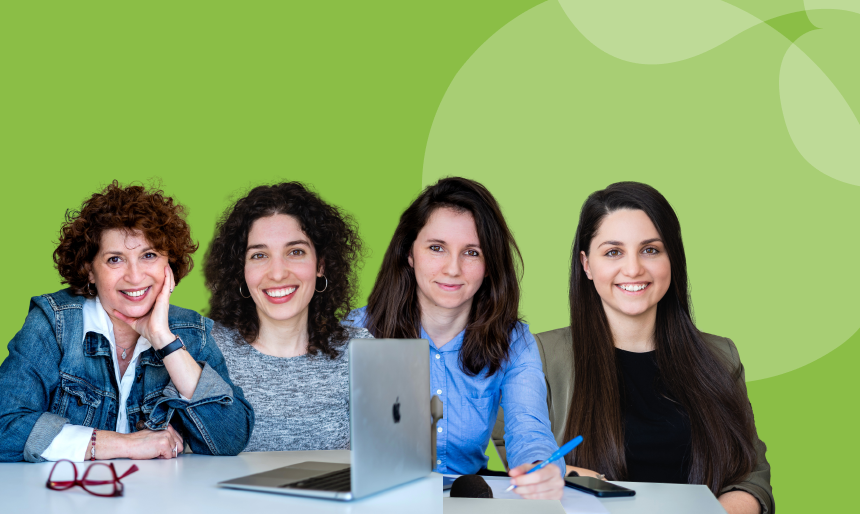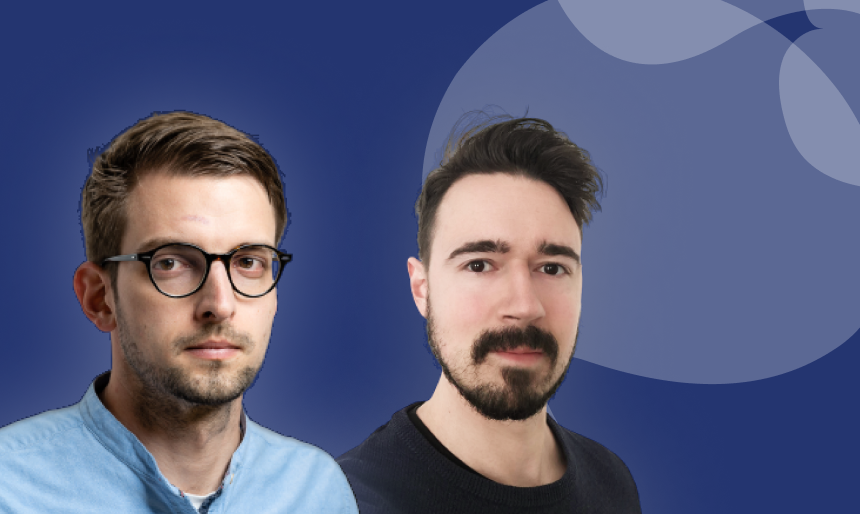
Meet the Team Interview: Oriana Zito Marino
Introduction
Meet Oriana Zito Marino, who works for Le Rose di Atacama Associazione Impresa Sociale, and is the Project Referent for Italy and Cultural-Linguistic Mediator of the BOND project.
Firstly, tell us about Le Rose di Atacma Associazione Impresa Sociale
Polylogos is a politically independent NGO based in Cluj, Romania, working to shape inclusive community, strengthen democracy, and empower aspiring leaders of all ages, particularly youth. Polylogos means, by extension, from Greek, multiple rationales, multiple perspectives or multiple points of view. We provide a platform for bridging ethnic, religious, political, generational and other societal divides, encouraging open and constructive dialogue, and challenging all types of group-focused hatred and discrimination. We do this primarily through projects, events and activities focused on civic education, youth empowerment and mentorship, awareness raising, trainings and workshops, democracy promotion and dialogue.
Le rose di Atacama is a social enterprise association, founded in September 2011 as a place for initiative, research and discussion on the issues of migration, multiculturalism and the rights of those most affected by discrimination and marginalization at the economic, religious and social level. Established to promote the intercultural and interreligious dialogue and the process of social integration of migrants, over the years it has carried out several projects aimed at informing and raising public awareness, starting with the youth, so that they become promoters of the deep cultural change that is at the basis of an open, inclusive society that is attentive to differences. Our organization’s approach combines “Culture” and “Society” to carry out inclusive and intercultural social actions aimed at all citizens, whether Italians or foreigners, migrants or refugees, with special attention to those who are experiencing economic, religious, social and cultural disadvantage and hardship.
What is the motivation behind your organization getting involved in the BOND project?
One of the goals of Le rose di Atacama is to conduct actions to prevent and fight against intolerance, racism, xenophobia, and discrimination, in particular on grounds of racial or ethnic origin, colour, religion, sexual orientation, gender identity. By participating in the BOND project we hope to create a European network to combat manifestations of hatred and prejudice against the Jewish population and other minorities in Europe. That is the major challenge and motivation behind the participation of such project.
How is BOND different from other projects that are facilitating interfaith and intercultural dialogue?
I think BOND is different from other project that are facilitating interfaith and intercultural dialogue because with the strategies and methodologies adopted is creating a space where all the participants can feel safe, fully engaged and open to listening and learning from each other.
The strength of BOND is that to be involved will be both teachers/educators and young people who will be, based on the skills acquired during this project, long-term multipliers and spokespersons for the project’s results and objectives.
What do you hope to achieve through the project?
Gain a better understanding and knowledge of issues related to anti-Semitism through comparisonwith other European realities, opening the mind to different points of view, facilitating communication with others.
What do you see is the greatest challenge for fostering understanding and tolerance between different religious communities?
For interfaith work to be successful, it has to lead to changes beyond the immediate project orinitiative. While conversations between people of different faiths appear to make a difference, and despite significant contributions made by faith communities, knowing if anything works remains a challenge, as the effectiveness of interfaith initiatives are rarely measured or evaluated. Indeed, encounters between people of different faiths might lead to more positive attitudes towards other faith groups. But for interfaith to be truly successful, changes within individuals must spread, or be “transferred”, throughout whole communities and into wider society. The biggest challenge is to overcome mutual resistance with respect to the most deeply rooted prejudices, which are present in all religious communities anyway, to overcome those prejudices that are then a barrier to dialogue, and this will clearly be done through good practices, that is, a dialogue that is ongoing, not occasional, focusing on shared values.
What do you personally find most interesting about the BOND project?
The thing that I personally find most interesting in the BOND project is its European, transnational dimension, which allows not only the possibility for an open discussion, but also the opportunity to learn directly about the realities of other countries.



Leave a Reply
You must be logged in to post a comment.